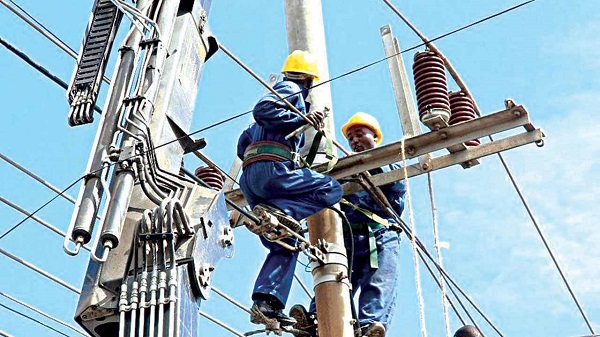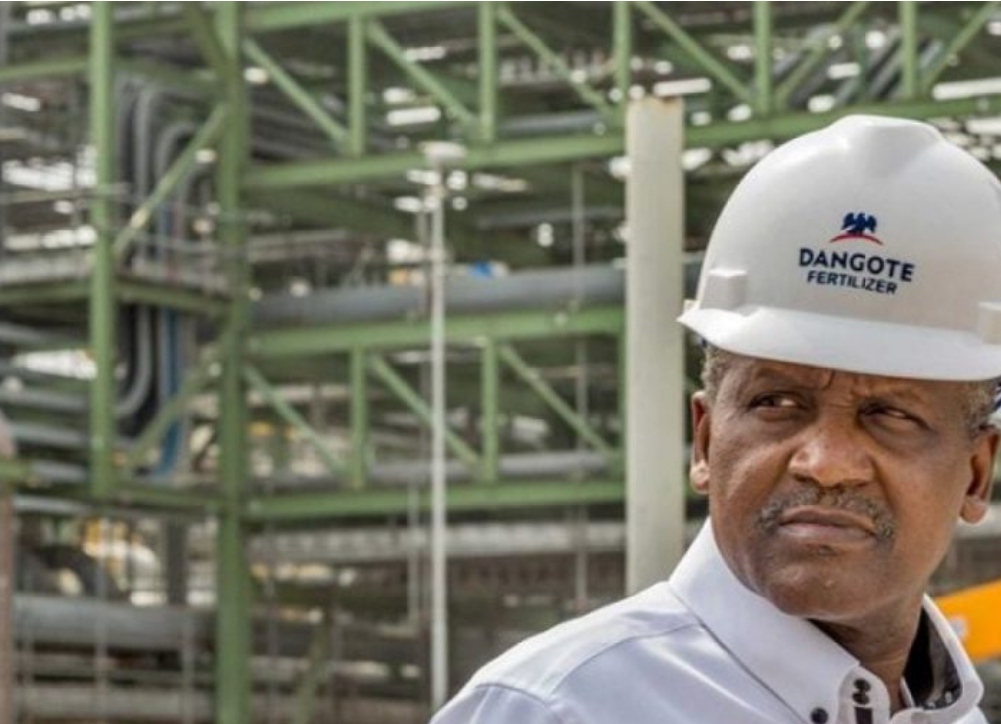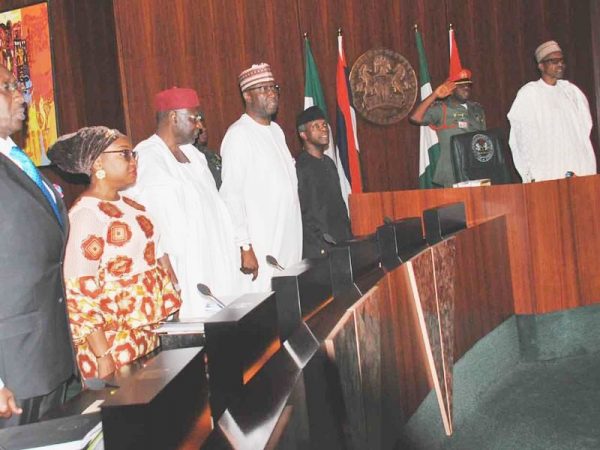DisCos’ sustainability questioned as FG pays N50bn monthly subsidy
 The government’s financial support to the power sector hovering around N2.3 trillion in the past few years has raised concerns among stakeholders who insisted, yesterday, that the industry is at a crossroad.
The government’s financial support to the power sector hovering around N2.3 trillion in the past few years has raised concerns among stakeholders who insisted, yesterday, that the industry is at a crossroad.
The Minister of Power, Sale Mamman, had disclosed that about N50 billion is being paid monthly by the government to assuage the plight of the sector. The monthly subsidy would push the intervention in the sector to N2.3 trillion in a year.
The Federal Government had equally rolled out a plan to provide six million meters to Nigerians although only a million have been given so far as the Minister noted that the sector awaits delivery of additional units.
Energy experts, however, told media that the support remained necessary to ensure that the country is powered as the sector struggles to get out of the woods several years after privatisation.
They also expressed worry over the historical chalalenges, which have clouded the efforts being made by the Federal Government to ensure a stable supply of electricity, insisting that plans to provide free meters to Nigerians may eventually address the lingering issue of energy theft, estimated billing and liquidity challenges.
Privatised about seven years ago, the power sector has not been able to stand on its own given historical challenges and deficit of critical infrastructure.
While Mamman noted that the recent adjustment to the tariff reduced the subsidy burden by half, bringing the figure to about N25 billion monthly or N300 billion yearly, the subsidy is almost two times higher than the allocation to the Ministry of power in 2020 as well as 2021.
The allocation to the Ministry of power stood at N135 billion in 2020 and N198.27 billion in the 2021 budget.
PricewaterhouseCoopers’s Associate Director, Energy, Utilities, and Resources, Habeeb Jaiyeola noted that fund injection into the sector and mass metering arrangement remained the right way to go.
Insisting that the efforts must be commended, Jaiyeola said the sector would collapse without timely intervention.
“It is necessary for the government to continue to keep the industry balanced. Because as of now, even though we have privatised the sector, the government will have to intervene so that industry does not collapse.
“We expect more sensitisation for Nigerians to understand the issues. Nigerians are still not seeing power as a service that needs to be fully paid for.
“We have issues with cash collection, and we have to keep improving on the collection by the DisCos, who are also constrained by security and other issues. Part of what is causing the poor collection is the absence of full metering.
“So, this is a period that the government will have to monitor the sector to ensure that it does not collapse while trying to fix these other matters that may be affecting the Nigerian economy,” Jaiyeola said.
Calling for deployment according to a timeline, he noted that the sector is looking forward to reviews on the plan to enable government plans to come to fruition.
Mamman, in a release signed by his Special Adviser, Media and Communications, Aaron Artimas, stressed the need to augment the shortfall of power supply by DisCos who have failed to defray the cost of bulk electricity supplied to them by the generating companies (GenCos).
Mamman had equally expressed concern over the failure by DisCos to stabilize their operations to meet their financial obligations to other players in the sector.
“Nigerians must understand that these companies were privatized long before the advent of this administration but the government has no alternative than to continue managing the sector before a final solution is secured.
“Through the Presidential Power Initiative and other intervention measures, the government is diligently working to resolve all these inherited problems that have continuously frustrated the success of the sector,” he said.
According to him, most DisCos were sold off and managed as family businesses, which has affected their professionalism.
The Minister also noted that the sector’s problems are persistent but insisted that progress has been achieved by the Federal Government, as the supply has stabilised at over 5,000 megawatts, up from less than 4,000 megawatts.
Director, Centre for Petroleum Energy Economics and Law at the University of Ibadan, Prof. Adeola Adenikinju, noted that the DisCos remained the weakest link in the entire value chain.
Adenikinju noted that while the revocation of DisCos’ licences is elusive, there must be other legal ways to sanction them, insisting that their performance was a big disappointment.
“Several interventions including from CBN and the World Bank have not led to the desired improvement in performance. Reforms, like the quality of service-based tariff and metering, have also not worked. Can they be encouraged to merge or take-over of weak performers? There is a need for greater competition with existing DisCos. They have to be forced to deliver on their promises,” Adenikinju stated.
According to him, the continuous injection of cash liquidity to the companies should be tied to concrete metrics of performance.
Former Chairman, Nigerian Electricity Regulatory Commission (NERC), Sam Amadi had told The Guardian that government must not allow Discos and Gencos to blackmail them into bearing the costs of their inefficiency.
“They realize that the government cannot abandon its social obligations to provide electricity to the people. But government has to change that by internalizing the losses in the DisCos’ and GenCos’ not on the public treasury.
According to him, the country could review their franchise through a credible regulatory process that is peer-reviewed so that those who can’t deliver lose to those who can or to new market entrants.
Pioneer Managing Director of the Nigerian Bulk Electricity Trading Company (NBET), Rumundaka Wonodi, said while credit remained critical to the sector, government must ensure such loans are recovered.
Wonodi noted that since reform in the sector would not be a magic wand, diligent execution and realistic expectations were necessary, especially the improvement of service delivery.
Speaking about the privatisation exercise, Wonodi had told The Guardian: “One problem was that it was oversold and then, the new investors grossly underperformed at the early stages leaving a big gap. At this time, I think that the technical gaps have narrowed and with a fair and firm regulatory environment we can pull through.”
According to him, government should provide access to credit or guarantee credit in the short term, which must be paid back when the market begins to perform.
Convener of PowerUp Nigeria, Adegbemle Adetayo, urged the Federal Government to review the entire privatisation, which was supposed to solve the problem of lack of funding that the sector continues to face.







